How to Tell If Mice Are Gone
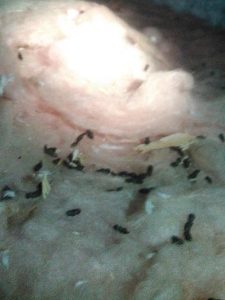 Discovering mice in your Twin Cities home is stressful, but after traps are set or professional help is called, the big question becomes: are the mice really gone? Knowing the signs to look for can give you peace of mind and help prevent a new infestation from starting.
Discovering mice in your Twin Cities home is stressful, but after traps are set or professional help is called, the big question becomes: are the mice really gone? Knowing the signs to look for can give you peace of mind and help prevent a new infestation from starting.
One of the first indicators homeowners notice is a lack of fresh activity. Mice are creatures of habit, so when they’re gone, their routines disappear too. Even when signs point to success, mice are experts at hiding. A professional inspection can confirm there are no remaining entry points or hidden nests.
Mouse droppings tell an important story. Fresh droppings are dark, shiny, and soft, while old droppings

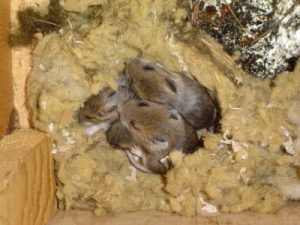 Protecting Twin Cities Homes From Costly Mouse Problems. It usually starts with a few droppings in the basement or chewed food packaging in a storage area. For homeowners and property managers across the Twin Cities, these are often the first signs that mice have found a way inside. Because of Minnesota’s long winters and dense urban neighborhoods, mice actively seek warm, sheltered spaces—making homes and multi-unit properties prime targets if they’re not properly sealed.
Protecting Twin Cities Homes From Costly Mouse Problems. It usually starts with a few droppings in the basement or chewed food packaging in a storage area. For homeowners and property managers across the Twin Cities, these are often the first signs that mice have found a way inside. Because of Minnesota’s long winters and dense urban neighborhoods, mice actively seek warm, sheltered spaces—making homes and multi-unit properties prime targets if they’re not properly sealed.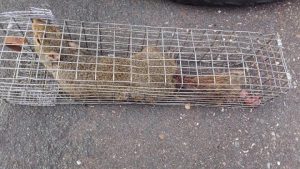 Squirrels may look harmless in the yard, but when one finds its way into your attic, walls, or soffits, it can quickly turn into a costly and stressful problem. Homeowners and property management professionals across Minneapolis and the Twin Cities often first notice scratching sounds, chewed entry points, or unexplained insulation damage
Squirrels may look harmless in the yard, but when one finds its way into your attic, walls, or soffits, it can quickly turn into a costly and stressful problem. Homeowners and property management professionals across Minneapolis and the Twin Cities often first notice scratching sounds, chewed entry points, or unexplained insulation damage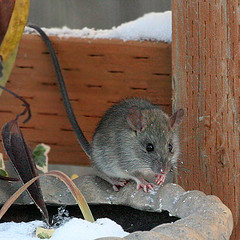 Protect Your Home Before a Small Mouse Problem Becomes a Major Issue. It often starts with something small. A faint scratching behind the wall, a few mysterious droppings in the pantry, or movement caught out of the corner of your eye after dark. For many Twin Cities homeowners and property managers, these subtle signs quickly turn into stressful discoveries: mice have found a way inside. Once they’re in, they don’t leave on their own, and the damage can escalate fast. That’s why professional mouse proofing is one of the smartest investments you can mak
Protect Your Home Before a Small Mouse Problem Becomes a Major Issue. It often starts with something small. A faint scratching behind the wall, a few mysterious droppings in the pantry, or movement caught out of the corner of your eye after dark. For many Twin Cities homeowners and property managers, these subtle signs quickly turn into stressful discoveries: mice have found a way inside. Once they’re in, they don’t leave on their own, and the damage can escalate fast. That’s why professional mouse proofing is one of the smartest investments you can mak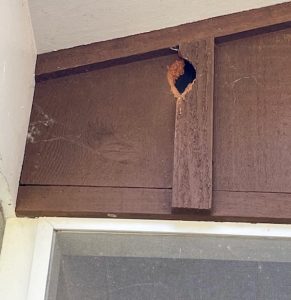 Hearing Scratching in Your Attic? You’re Not Alone. It often starts with a faint scratching in the walls or the sound of quick footsteps across the ceiling early in the morning. At first, you hope it’s nothing—but as the noise grows more consistent, you begin to suspect you may have an unwelcome visitor. For many Minnesota homeowners, that visitor is a squirrel looking for warmth, food, and a place to nest.
Hearing Scratching in Your Attic? You’re Not Alone. It often starts with a faint scratching in the walls or the sound of quick footsteps across the ceiling early in the morning. At first, you hope it’s nothing—but as the noise grows more consistent, you begin to suspect you may have an unwelcome visitor. For many Minnesota homeowners, that visitor is a squirrel looking for warmth, food, and a place to nest.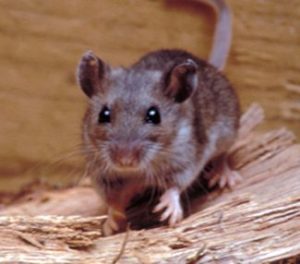 A scratching sound you can’t ignore. It usually starts late at night, a faint scratching or scurrying behind the drywall. At first, you might brush it off as your imagination, but as days go by, the sound grows more frequent. Homeowners and property managers across Minnesota know that this unsettling noise often means one thing: mice have found a way inside your home and into your walls. These tiny invaders don’t just create noise, they cause real damage and health risks if left unchecked. They also have 5 or more litters in one year.
A scratching sound you can’t ignore. It usually starts late at night, a faint scratching or scurrying behind the drywall. At first, you might brush it off as your imagination, but as days go by, the sound grows more frequent. Homeowners and property managers across Minnesota know that this unsettling noise often means one thing: mice have found a way inside your home and into your walls. These tiny invaders don’t just create noise, they cause real damage and health risks if left unchecked. They also have 5 or more litters in one year.

